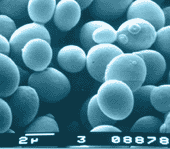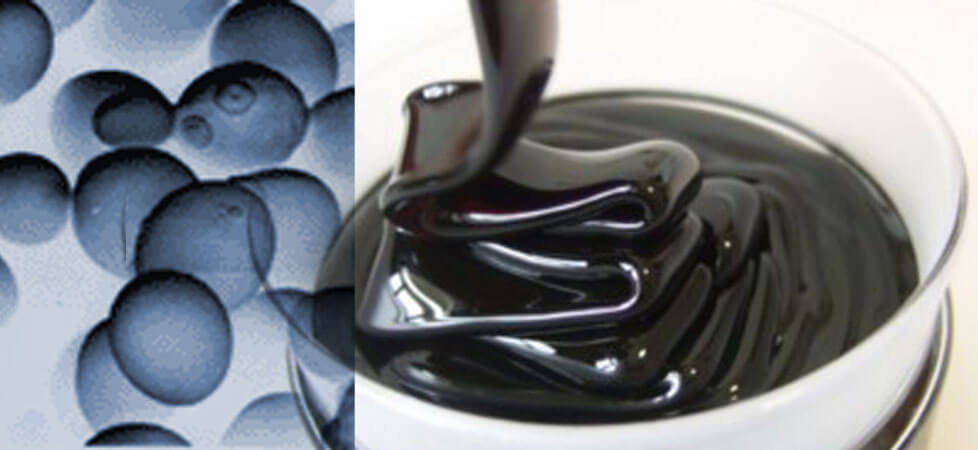Applied research on yeast technology and quality analysis
 Applied, industry oriented research and development are key activities of the Research Institute for Baker’s yeast of VH Berlin. Our joint applied research projects enable SME to find partners and locate subsidies.
Applied, industry oriented research and development are key activities of the Research Institute for Baker’s yeast of VH Berlin. Our joint applied research projects enable SME to find partners and locate subsidies.
Other sectors of applied research are joint projects with universities and bilateral contract research.
Applied, industry oriented research and development work on yeast fermentation and downstream technology are always focused to sustain baker’s yeast quality.
Specified yeast product features and the choice of fermentation substrates need to match. Research efforts will have to determine the physico-chemical influences on yeast growth, storability and stability of conditioned yeast products.
Yeast strain selection (genotype) and fermentation conditions determine phenotypic performance and biomass production of the production strains.
Fermentation recipes are the key to product quality, as regards physico-chemical and microbiological hygiene parameters.
The US pharmaceutical production FDA-PAT (Process Analytic Technology) initiative for the is going to be adopted in the food processing industry. Concepts are needed for the measuring and controlling process parameters, determining product quality. The yeast industry, as an important biomass producer, develops measurement and automation concepts.
Main yeast quality parameters describe dry substance, protein content, activity and raising power. The development of standard operational procedures and analysis methods, both for online and lab bench sue, requires research and adaptation to the yeast matrix.
Relevant yeast production impacts on the environment are produced by exhaust gas, waste water effluents and surplus heat. Eco-balance and product-carbon-footprint assessment are tools to improve yeast production with respect to economy and ecology.

